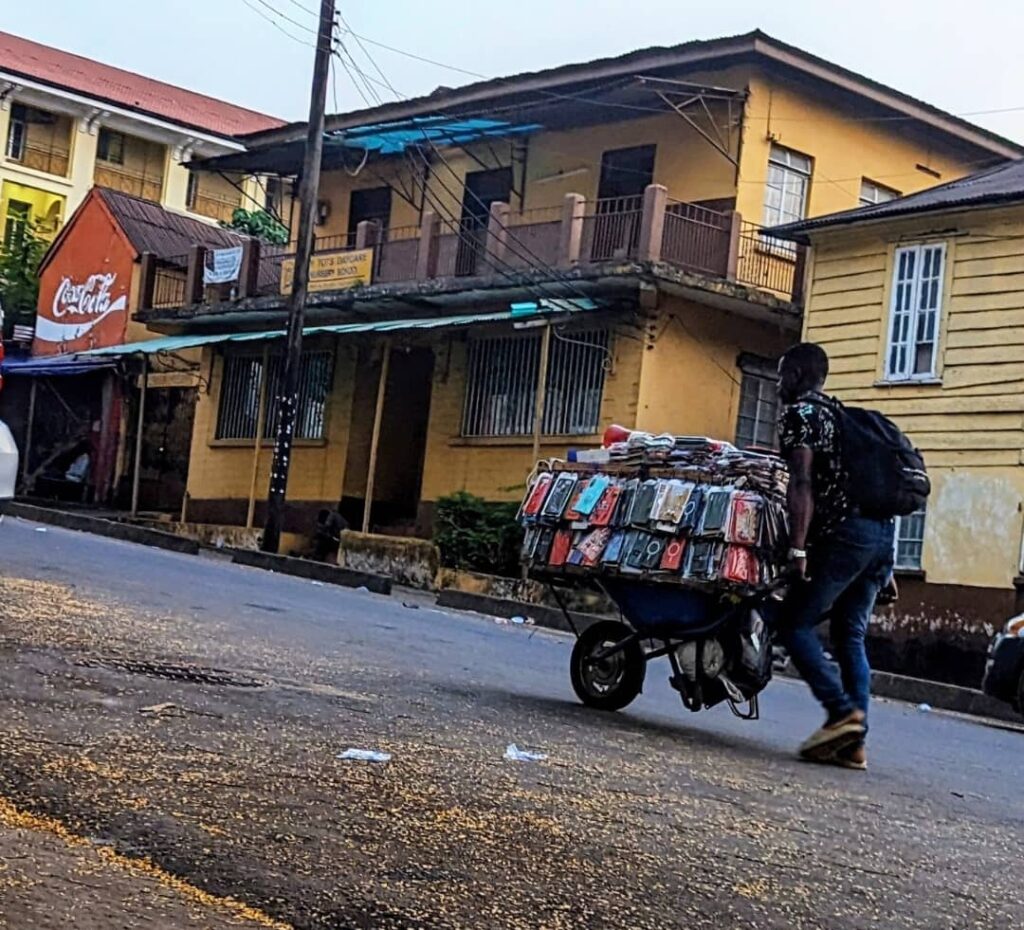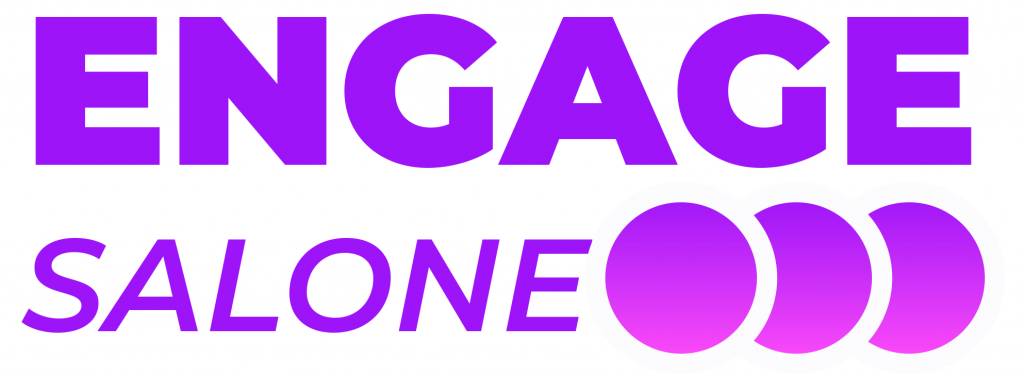We may be sounding like a broken record on the state of the Sierra Leone economy. Well, who gets tired of talking about the economy, especially when things are only going from bad to worse? It is like a pair of shoes that pinches—the longer you wear it, the more painful it gets.
The elections in June will be about so many issue areas that eventually come down to one—the economy and cost of living. Stability and cohesion, inflation, the performance of the Leone, infrastructure, energy, education, rights and freedom. All of these are impacted by the health of the economy. The polls in June should be our “it’s-the-economy-stupid!” moment and citizens have an opportunity to make this a “people and the economy” election.
As the economy continues to struggle, inflation accelerates, the Leone is in a freefall; and as a consequence, the cost of living is reaching for the moon, it would be hard to make the election conversation anything else. Of course, the incumbent and the party in power would want to frame up a narrative that highlights gains in education, healthcare, energy, infrastructure and other areas. The challenge with that is people’s economic reality is becoming too harsh and it would be difficult to reconcile these gains with lived experiences.
The stats are not encouraging but let us try and give a snapshot. On the very fundamental level, the latest figures from Statistics Sierra Leone show that consumer price inflation increased from 35.5% in November to 37.9% in December last year. The key categories in the Consumer Price Index– food and non-alcoholic beverages; housing, water and electricity; gas and other fuels; and transport are on the increasing end of the index and some of them saw a significant jump in just a month. According to the World Food Programme, about 73% of Sierra Leoneans are food insecure. Wi angri!
The Leone is in a freefall as the US dollar continues to soar. As we write, it has hit NLe 190 to a dollar or Old Leones 19,00 thousand to a dollar. The black market is much higher—NLe 20 to a dollar. Old Leone or New Leone, the depreciation has been steady. The authorities seem to have resigned to an it-is-what-it-is mindset, after a series of trial-and-error fiscal policies to increase the Leone’s chances of survival. The Bank of Sierra Leone auctioned forex, “bribed” hoarders, redenominated the banknotes, minted coins that have no worth, placed a tight limit on cash withdrawals and so on. Then, they backtracked on some of the measures. Now we have a dual legal tender—two banknotes in circulation at the same time. Who knows any other country in the world with parallel banknotes? We want to learn. The old Leone is coexisting with the New Leone and the way the public has adapted to the uncertainty, confusion and the silence of the authorities has been amazing. No wonder people say Sierra Leoneans are “resilient”. We ask “aw for do?”, and then adapt to the most challenging of circumstances. It is an attitude that works very well for the leaders.
These cost-of-living issues and the unhealthy state of the economy make life hard for the ordinary person and they present a strong case for the elections to be about people and the economy. The World Bank predicts that “accelerating inflation and intensifying fiscal pressures pose significant risks to the medium-term economic outlook”. Imagine that? With elections coming, the increasing hardship will continue to fuel discontent among people and this is precisely why these polls should be about fixing the economy and reducing the impact of all these pressures on people.
Everything else can hardly work under the current economic circumstances. Running the government is becoming more expensive, especially when your public sector wage bill is massive, and your senior officials enjoy perks that the country’s finances cannot afford. The government spends forex that it doesn’t earn–the air charters, the per diems, the expanding foreign service, salaries, imports, and a lot more. The cost of the Free Quality Education programme will continue to increase, making it difficult to pay for. The heavy dependence on donors to fund such services means that the day the funding starts running out, the government will struggle to maintain it.
Businesses are struggling. Some are closing shop or suspending operations. If big businesses are taking a hit, imagine what it means for small, local businesses that have taken loans, hired people and have recurring expenditures to take care of. With the way things are going, it is becoming impossible to do business in such a climate and if you are a small business, you have two things to worry about—the survival of the business and the survival of the people running it.
What has been absent in all this precariousness and hardship is clear leadership and direction on the economy and concrete steps to curb hardship. The government is just too quiet on the economy and their silence could be interpreted in many ways. They probably do not care, do not know what to say or do not know what to do. It could be any or none of the above. By now, you would expect that the government would have gone back to its corner, thinking hard and fast about the problem and what needs to be done. We’ve said before that everyone else apart from the State is living in austerity. The government might as well declare austerity, cut spending and saved money that could be used in financing essential social services. Tariffs for electricity and communication have increased, working people are struggling to make ends meet, while the government do not seem to be making any efforts to cut spending. So far, solutions have been nominal with very little impact and people do not see any clear way forward. Whatever has been or is being done is clearly not working and the election season is an opportunity to bring people and the economy to the centre of the political debate, forcing both the incumbent and opposition to focus on the economy. Yes, we want to make our elections about the issues that matter. The economy and how it affects the cost and standard of living is probably the most important issue today. That is why June 2023 must be a “people and the economy” election.
Whatever you are up to this weekend, we hope you enjoy it.
About The Author
- Engage Salonehttps://www.engagesalone.org/author/eng21_admin/
- Engage Salonehttps://www.engagesalone.org/author/eng21_admin/
- Engage Salonehttps://www.engagesalone.org/author/eng21_admin/
- Engage Salonehttps://www.engagesalone.org/author/eng21_admin/


